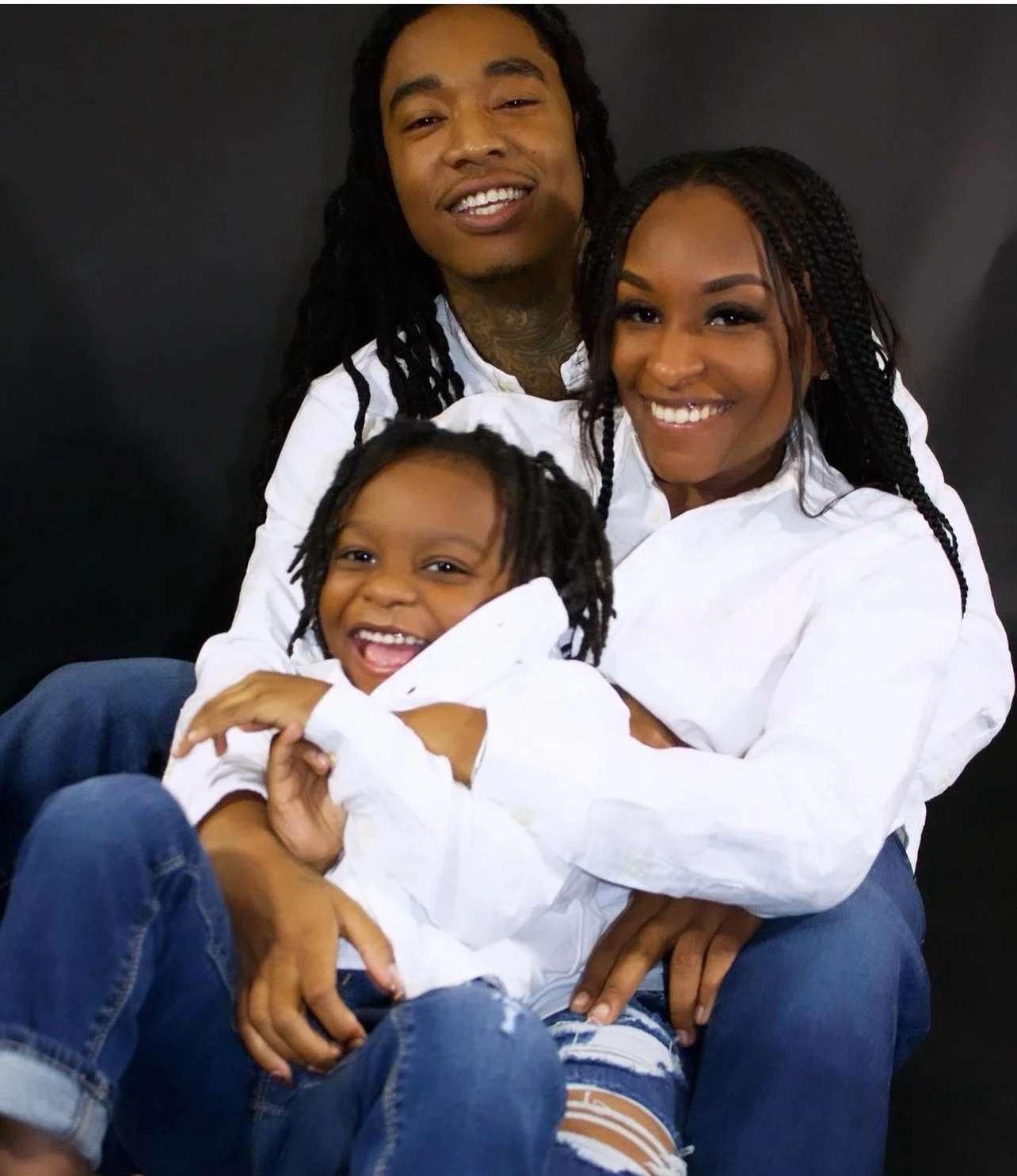Can Seattle's choice to hire Denise Juneau elevate the voices of our most marginalized students?
/The Seattle School Board chose our new superintendent last night, and it’s going to be Denise Juneau.
Good.
Juneau became the first openly gay candidate for federal office in Montana when she ran for a seat in the House in 2016, and she will become Seattle’s first Native American superintendent when she officially takes over for Larry Nyland on July 1.
She was the clear choice among the three finalists, and while Juneau is certainly a traditional candidate in one sense — she has been a classroom teacher, administrator and the elected superintendent of Montana’s schools — I applaud the board for bringing a genuinely new perspective to the office.
I’ve seen people making a bit of a deal about headlines and articles emphasizing Juneau’s race as opposed to her credentials. I can’t say for sure that she’ll do amazing work in Seattle Public Schools — that remains to be seen — but she’s beyond qualified for the job. I don’t think folks are questioning her credentials.
The emphasis on her being our first Native superintendent exists because representation matters, period. Seeing our most invisible student population reflected in the district superintendent’s office seems like it will only have a positive impact on our schools.
Take, for example, this story ran last week in the Billings Gazette discussing the record number of Native American candidates (18) running for the state legislature in Montana this year.
Marvin Weatherwax Jr., running for a House seat in a Montana district that includes two reservations, said, “[Running for the legislature] had just been something I thought about, but I didn’t feel like it was something I was qualified for. But after doing some reading and, actually, Denise Juneau, who is an old classmate of mine here in Browning, I saw her and thought, ‘Boy, I could do that.’”
Barbara Bessette, candidate for the House in District 24, said in the same article, “I looked up to Denise Juneau, who ran a statewide campaign and showed that Native women can also have a voice. I’m hoping I can be that voice for other people as well.”
How's that for proof in the pudding?
All of this also calls to mind the idea of targeted universalism being advanced by John A. Powell and the Haas Institute for a Fair and Inclusive Society at UC Berkeley:
I have many more thoughts that I’ll share in the next couple days about what this means for me and my family personally, but for now, I’d love to hear what you think. How do you feel about the board’s decision to hire Denise Juneau? What do you expect for Seattle's schools in the next year? In the next 5-10?







